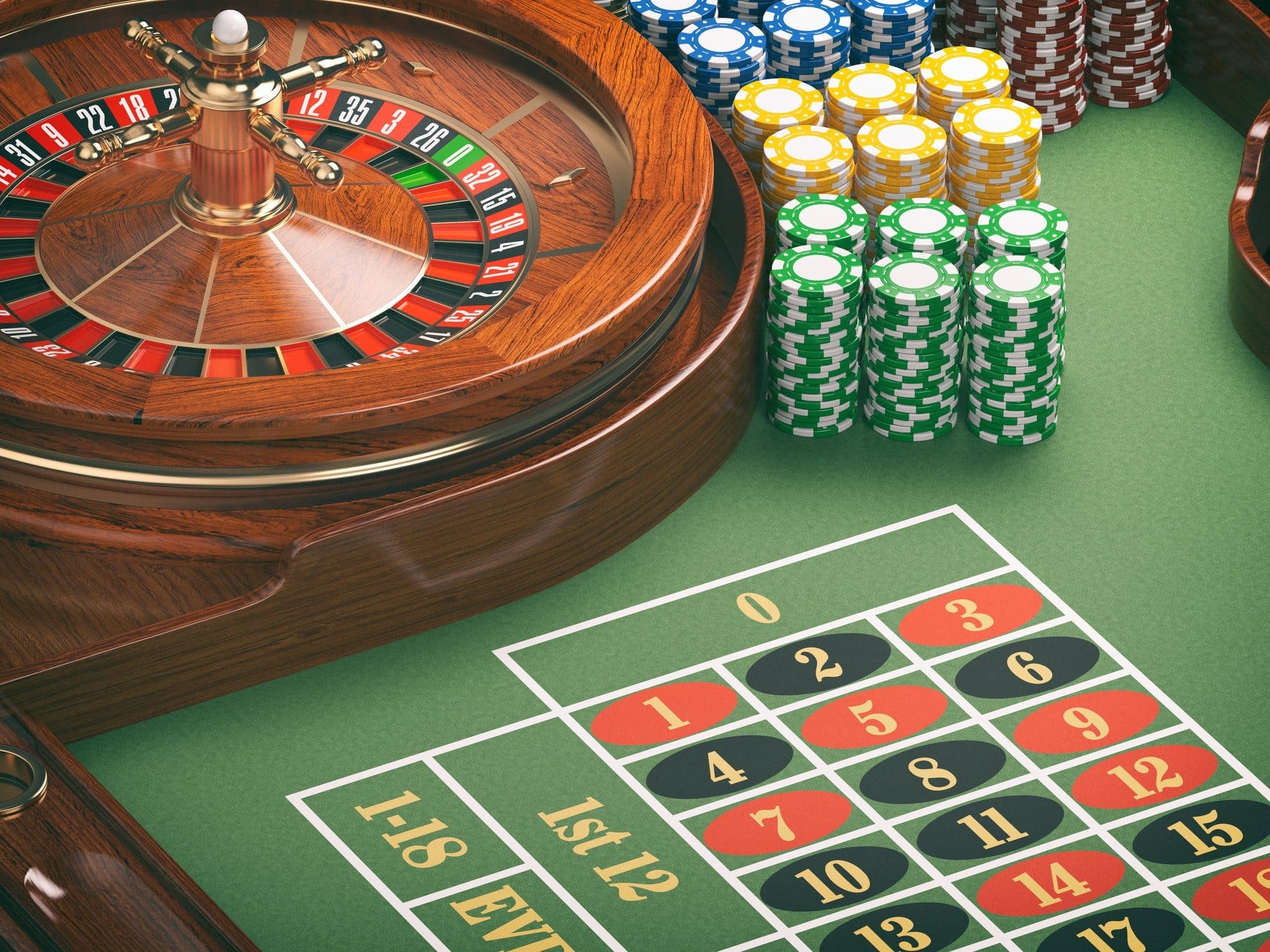
Gambling in casinos has long been a subject of fascination and controversy, attracting millions of players around the world. With a blend of luck, skill, and the thrill of uncertainty, casino games offer an exciting escape from everyday life. However, as entertainment becomes ever more accessible, it invites a more thorough examination of the morality surrounding these games.
At the heart of the discussion lies the issue of whether casinos promote safe gambling or exploit vulnerable individuals. The appeal of potential winnings versus the reality of losses can create a challenging dynamic, and understanding this balance is crucial for both players and operators. As we delve into the ethics of casino gaming, we will explore the responsibilities of casinos, the impact on society, and the steps that can be taken to foster a healthier gaming environment.
The Impact of Casino Gaming on Society
Gambling in casinos has a considerable influence on society, affecting not only the financial landscape but also interpersonal dynamics and local frameworks. The income generated from casinos can lead to job creation and boost regional economies, as they provide multiple employment opportunities in multiple fields including food and beverage, entertainment, and shopping. However, while the financial benefits can be significant, communities often struggle with the possible negative impacts that arise from increased gambling activity.
Moreover, the presence of casinos can lead to an increase in gambling addiction, presenting significant challenges for individuals and families. The excitement of casino games can quickly evolve into a habitual habit, affecting personal relationships and leading to monetary issues. Many players may struggle with the loss of control over their gambling habits, resulting in a need for community support services and interventions to address this increasing issue. The social cost of gambling addiction can ripple through kinships and neighborhoods, creating an urgent need for sensible gambling approaches.
In addition to the economic and social consequences, casino gaming often reflects cultural attitudes towards risk and leisure. It can foster a sense of joy and leisure, attracting tourists and boosting local travel. However, this allure may also conceal the broader implications of gambling as a method of entertainment, provoking ethical questions about its promotion and availability. As communities weigh the advantages and drawbacks of casino gaming, the need for sensible approaches and regulation becomes increasingly critical in ensuring that the positive aspects are maximized while minimizing the negative effects.
Ethical Issues in Gambling Practices
The ethics of gambling operations often center around the risk for dependency and its consequences on individuals and households. Betting can lead to serious financial distress, impacting not only the betters but also their families. As individuals become caught in the appeal of winning, many lose sight of their budget, which can result in devastating results such as insolvency. This raises moral questions about the duty of gambling establishments in fostering responsible gaming habits and providing support for those who may be dealing with gambling addiction.
Another major issue is the promotion of betting to at-risk groups. Casinos often target low-income individuals or neighborhoods with the promise of fast rewards, which can continue patterns of financial struggle and despair. In this situation, the morality of marketing strategies used by gambling establishments come under examination, as they may exploit the need of people seeking an way out from financial hardships. This exploitation raises moral questions about the integrity of the betting industry and its obligation to protect its most vulnerable patrons. non UK casinos site
Additionally, the impact of gambling gaming on society as a whole cannot be overlooked. While some argue that gambling establishments create employment and stimulate local economies, others point to the community costs associated with dysfunctional gambling, increased crime rates, and a burden on public services. Balancing financial advantages with the potential for community issues presents a complex moral dilemma for policymakers and casino operators alike. The challenge lies in finding a responsible approach that prioritizes the well-being of individuals and communities while still allowing for the pleasure of gambling activities.
Regulatory Framework and Responsibilities
The legal system pertaining to gambling activities is created to ensure equity, integrity, and gambler safety. Multiple government entities and casino commissions establish and enforce regulations that dictate how gaming activities function, the criteria for activity creation, and the processes for managing rewards. These regulations vary by region but typically involve licensing requirements for operators and stringent measures to prevent deception and fraud.
In also to regulatory bodies, gambling businesses bear considerable duty in upholding moral standards within their establishments. They must implement responsible gambling practices that encourage participant protection and education, including presenting self-ban options and offering information about the dangers associated with betting. Casinos are also responsible for training employees to spot signs of compulsive gambling and know the correct steps to assist customers in distress.
Additionally, transparency in casino operations is vital for building and maintaining public confidence. Casinos should provide clear information about the probabilities of games, advertising deals, and any related dangers. By promoting an atmosphere of integrity and responsibility, operators can help lessen the possible adverse impact of gambling while improving the general gambling experience for all gamblers.